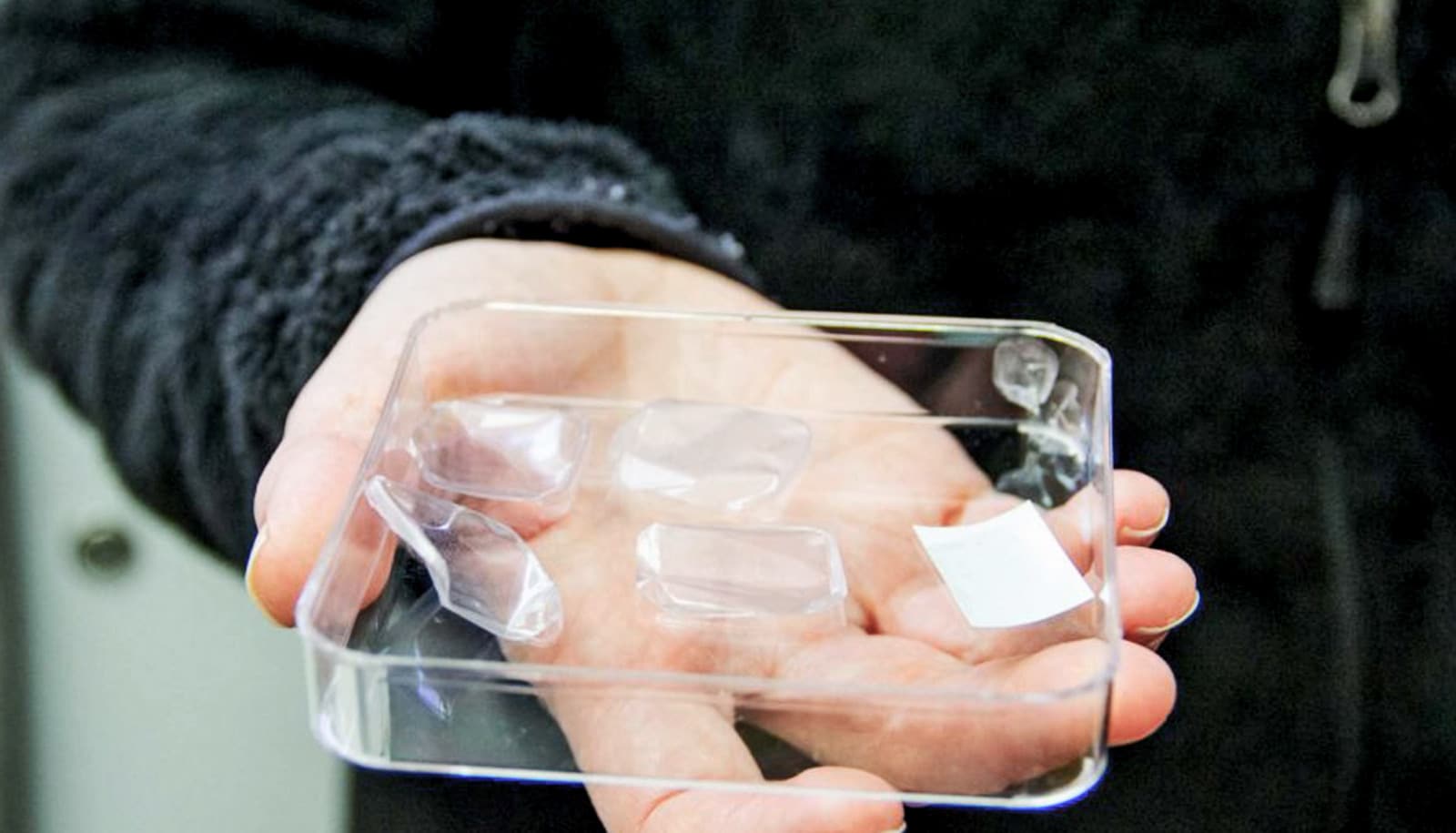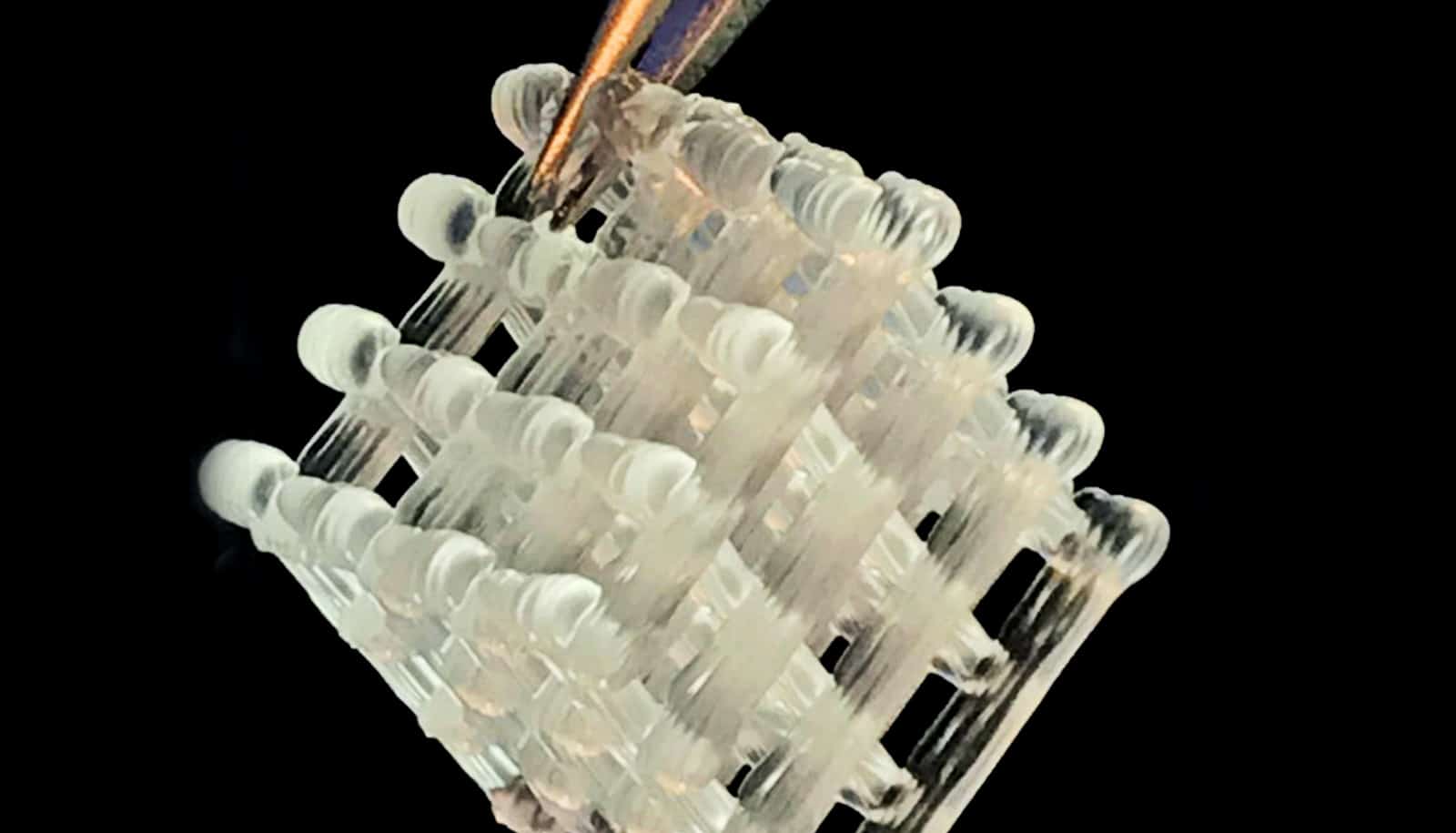A new vaccine delivery method preserves live viruses, bacteria, antibodies, and enzymes without refrigeration, researchers report.
The new method, a peelable lightweight film that stabilizes biologics and withstands extreme temperature changes, could make access to vaccines around the world easier.
The technology has already demonstrated proof of concept for model Ebola and H1N1 vaccines. It may prove to be an effective method of delivery for future treatments of pathogens such as the coronavirus that causes COVID-19.
“It is essentially a plug and play platform,” says Maria A. Croyle, professor of pharmaceutics at in the Division of Molecular Pharmaceutics and Drug Delivery at the University of Texas at Austin.
“Once we know the specific qualities of a vaccine candidate, we can adapt the film’s components to meet those requirements, suspending and sealing it within the film matrix in a way that allows it to withstand extreme temperature changes, and release the vaccine components in a precise and controlled manner.”
As researchers develop vaccines and biologic treatments for deadly diseases, a second challenge comes in distributing those treatments to remote, developing, and low-income areas around the world.
More than half of the leading causes of death in low-income countries were the result of infectious disease, while costs associated with storage and shipping vaccines and biological drugs make up 40% of the cost of drugs in the Western world.
Croyle’s film is not only inexpensive, but nearly one-thousandth the size of traditional vaccine vials and requires no refrigeration throughout the delivery and administration process.
The technology could significantly increase the survival rates for existing preventable diseases and drastically reduce the timetable and cost to combat emerging diseases before they spread worldwide.
A new startup company based in Chapel Hill, North Carolina has licensed the film technology Croyle developed. Early investors include the founders of Asklepios BioPharmaceutical Inc. (AskBio). The company was established to develop the film technology for applications in stabilizing biological therapeutics, such as vaccines, anti-infective and chemotherapeutic agents, and gene therapy products.
The research appears in Science Advances.
Source: UT Austin



